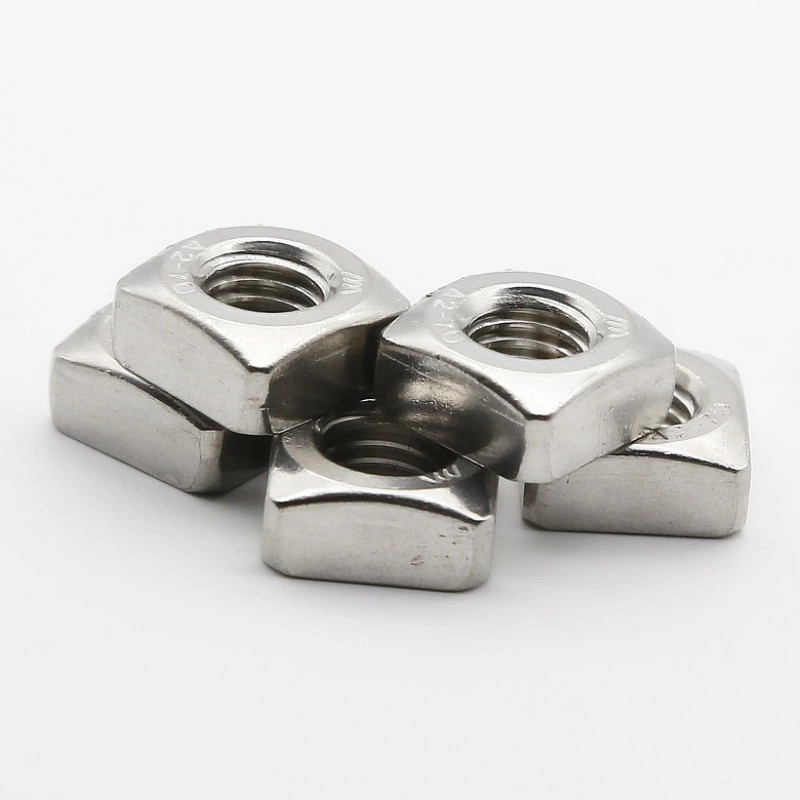

plain steel washers
Oct . 17, 2024 16:30 Back to list
plain steel washers
Understanding Plain Steel Washers A Key Component in Fastening
Plain steel washers are essential components in various construction, manufacturing, and mechanical applications. These flat, disc-shaped pieces of metal serve several important functions in fastening systems. This article delves into the characteristics, benefits, applications, and best practices for using plain steel washers.
What Are Plain Steel Washers?
Plain steel washers are typically made from high-quality steel, making them durable and capable of withstanding considerable weight and pressure. They come in various sizes, providing flexibility for different applications. Characterized by a central hole that allows them to fit over bolts or screws, these washers distribute loads evenly across the connected surface, thus enhancing the stability of the assembly.
Key Benefits of Plain Steel Washers
1. Load Distribution One of the primary functions of a washer is to distribute the load of a fastener over a larger area. This characteristic prevents damage to the material being fastened and helps maintain the integrity of the joint.
2. Prevention of Damage Plain steel washers help to prevent damage to surfaces that could occur due to the tightening of nuts or bolts. When a fastener is tightened, it can create pressure points that may lead to surface deformation. Washers act as a buffer, offering protection against such damage.
3. Reducing Wear and Tear Over time, friction between the fastener and the surface can lead to wear. Washers reduce this friction, resulting in longer-lasting connections and reduced maintenance costs.
4. Vibration Resistance In applications where vibrations are common, plain steel washers can help keep fasteners secure. By providing an additional surface that absorbs some of the vibrations, they contribute to the overall stability of the assembly.
Applications of Plain Steel Washers
plain steel washers

Plain steel washers are widely used in various industries, including automotive, construction, and manufacturing. Common applications include
- Automotive Manufacturing They are used in vehicles to secure engine components, exhaust systems, and suspension parts. - Construction Washers provide stability in structural connections, such as those used in beams, frames, and walls. - Home Appliances Many household appliances incorporate plain steel washers in their assembly to prevent loosening over time.
Best Practices for Using Plain Steel Washers
To ensure optimum performance, consider the following best practices when using plain steel washers
1. Choose the Right Size Ensure that the diameter of the washer is appropriate for the bolt or screw it will accompany. This will ensure adequate load distribution.
2. Inspect for Damage Before installation, always inspect washers for any signs of rust, deformation, or damage. Using compromised washers can undermine the integrity of the fastened joint.
3. Combine with Other Washers In some applications, combining plain washers with other types, such as locking washers, can provide even better results by enhancing grip and resistance to loosening.
4. Follow Torque Guidelines Always adhere to the manufacturer's specifications for torque settings. Over-tightening can lead to washer deformation, while under-tightening could result in loosening connections.
Conclusion
Plain steel washers may seem like simple components, but they play a crucial role in ensuring the reliability and stability of many mechanical assemblies. Their ability to distribute loads, prevent damage, and reduce wear makes them invaluable in various industries. By understanding their functions and adhering to best practices, users can significantly enhance the performance of their fastening systems.
Latest news
-
High-Strength Hot Dip Galvanized Bolts - Hebei Longze | Corrosion Resistance, Customization
NewsJul.30,2025
-
Hot Dip Galvanized Bolts-Hebei Longze|Corrosion Resistance&High Strength
NewsJul.30,2025
-
High-Strength Hot-Dip Galvanized Bolts-Hebei Longze|Corrosion Resistance&High Strength
NewsJul.30,2025
-
Hot Dip Galvanized Bolts-Hebei Longze|Corrosion Resistance&High Strength
NewsJul.30,2025
-
Hot Dip Galvanized Bolts - Hebei Longze | Corrosion Resistance, High Strength
NewsJul.30,2025
-
High-Strength Hot Dip Galvanized Bolts-Hebei Longze|Corrosion Resistance, Grade 8.8
NewsJul.30,2025

